The Weekly Blog: 10/25/06
Investigative journalism and ‘talking-dog cartoons’
The editor of The New Yorker, David Remnick ’81, returned to campus Oct. 18 to talk about his experiences as a writer and editor and the importance of investigative reporting. “Governments frequently lie – that’s what all journalists must confront,” said Remnick, who won a Pulitzer Prize for his book,Lenin’s Tomb: the Last Days of the Soviet Empire. Saying that the Bush White House “is closed like no other,” he said that strong investigative reporting is “a form of social responsibility.” And while it is expensive for media organizations to support such reporting, he said, “the cost of its diminishment is incalculable.”
Remnick’s talk was sponsored by the University Press Club; while at Princeton he wrote for the Press Club and helped found the Nassau Weekly. “I got here and it changed my life,” Remnick told his audience, which filled McCormick 101. He urged would-be writers to “read deeply … to read into a text the way a magician looks at other magicians’ tricks, to see how it’s done.” Editing The New Yorker is “unbelievably fun,” he said, describing his job as being “a professional judge of talking-dog cartoons.” Comparing the magazine’s contents to “a really good buffet table,” he said: “We like to surprise you every week.”
Fans and friends
Josh Billings ’33, left, who captained Princeton’s football team his senior year, and Stas Maliszewski ’66, an All-American guard for the Tigers, were on hand at Princeton Stadium Oct. 21 as the Tigers beat Harvard, 31-28. Billings has vision problems, so Maliszewski provides him with the play-by-play information. Billings, who uses a wheelchair because of post-polio syndrome, says Maliszewski keeps him better informed than if he were watching the game himself.
Photo by Frank Wojciechowski
A run in the park
Princeton’s men’s and women’s cross country teams will eye the top prizes at the Ivy League Heptagonal Championships Oct. 27 at Van Cortlandt Park in the Bronx. Both Tiger squads led the Ivy teams competing at the Pre-Nationals Invitational in Terre Haute, Ind., Oct. 14. The women, ranked as high as No. 7 nationally earlier this season, have not won the Heps title since 1980. “I guess we’re the favorite, which is a place we’re not used to being in,” coach Peter Farrell said in an Ivy League release. “As always, this meet will have some great competition, and we expect a tough race. It’s the Heps.”
In other sports action this week, the undefeated Princeton football team travels to Cornell for a 1 p.m. game Oct. 28 (radio: WBUD, 1260-AM, Trenton); women’s volleyball hosts Harvard Oct. 27 at 7 p.m. and Dartmouth Oct. 28 at 4 p.m. at Dillon Gym; and on Lake Carnegie, the Princeton men’s and women’s crews will compete in the three-mile Princeton Chase Oct. 29.
Said ’57 on screen
Edward Said ’57, the late scholar, Columbia University professor, and advocate of Palestinian independence, is the subject of two independent films released earlier this month in Manhattan. The first, Edward Said: The Last Interview, shows Said in a question-and-answer format, speaking with journalist Charles Glass about his life, his teaching, and his work for the Palestinian cause. Out of Place, the second film, draws its title from Said’s 2000 memoir of the same name and presents a portrait of Said from his childhood in the Middle East through his adult life in New York. A new volume of Said’s writing was published posthumously earlier this year. On Late Style (Pantheon), released in April, is an exploration of music and literature, two of Said’s most notable interests.
Japan, from earthquake and fire to world war
In Yokohama Burning: The Deadly 1923 Earthquake and Fire That Helped Forge the Path to World War II (Free Press), Joshua Hammer ’79 provides a minute-to-minute account of the massive earthquake and fire that destroyed Yokohama and most of Tokyo and killed 140,000 people in September 1923. He places the events into social and political context and argues that the calamity jumpstarted Japan’s descent into militarism and imperialism. Hammer is a former Newsweek correspondent and author of A Season in Bethlehem. For information about other books by alumni and faculty, visit New Books at PAW online.
More at PAW Online
Under the Ivy – Belcher Hall is the name Princeton trustees wanted to use for Nassau Hall, Gregg Lange ’70 says, but the namesake was too modest.
On the Campus – Jocelyn Hanamirian ’08 writes that with the four-year colleges coming next fall, room draw will be a lot trickier.
On Education - Jason Kamras ’95, the 2005 National Teacher of the Year, looks back on a year of dialogue about improving public schools.


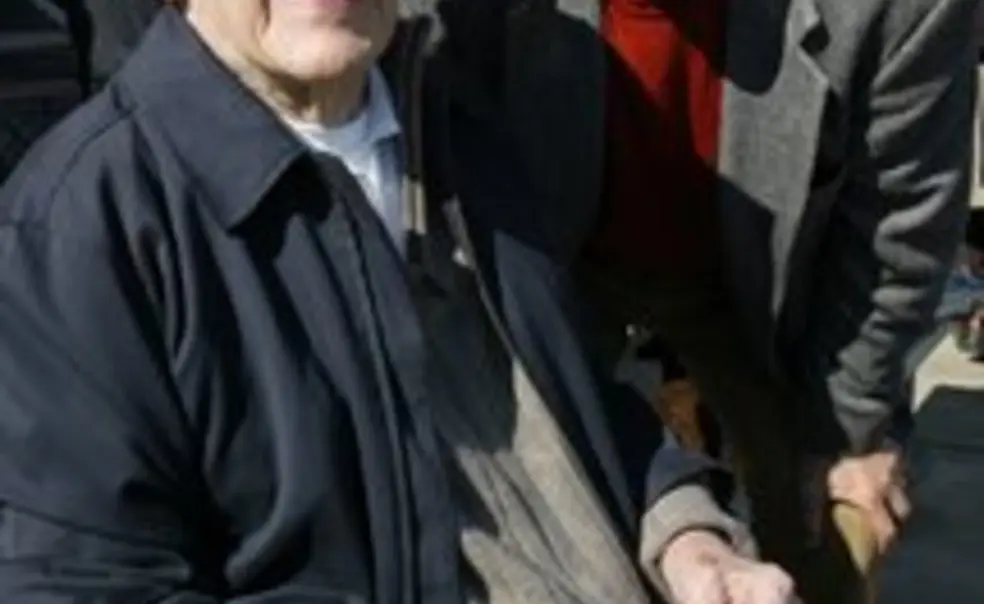
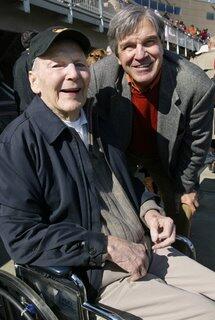






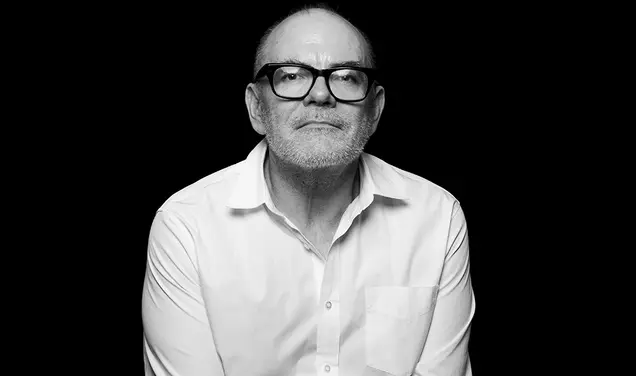
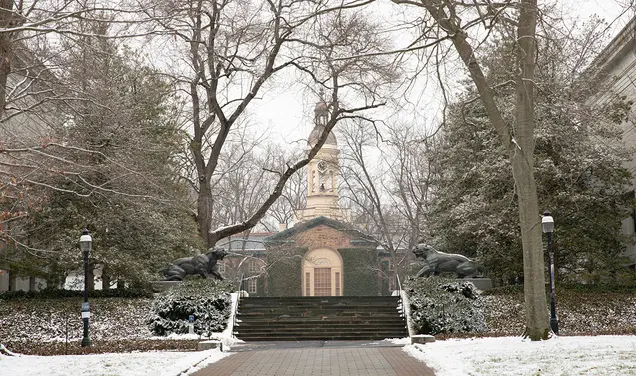
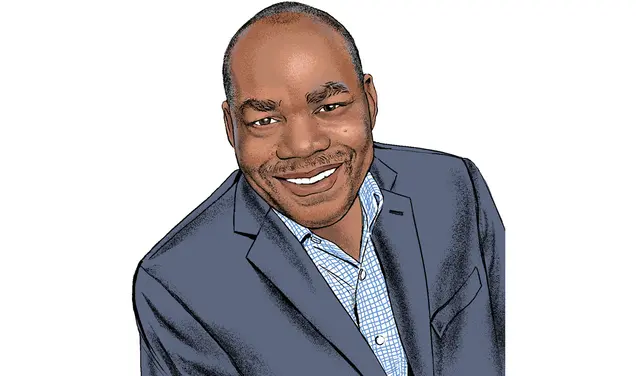

No responses yet